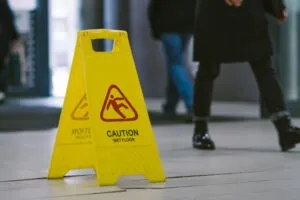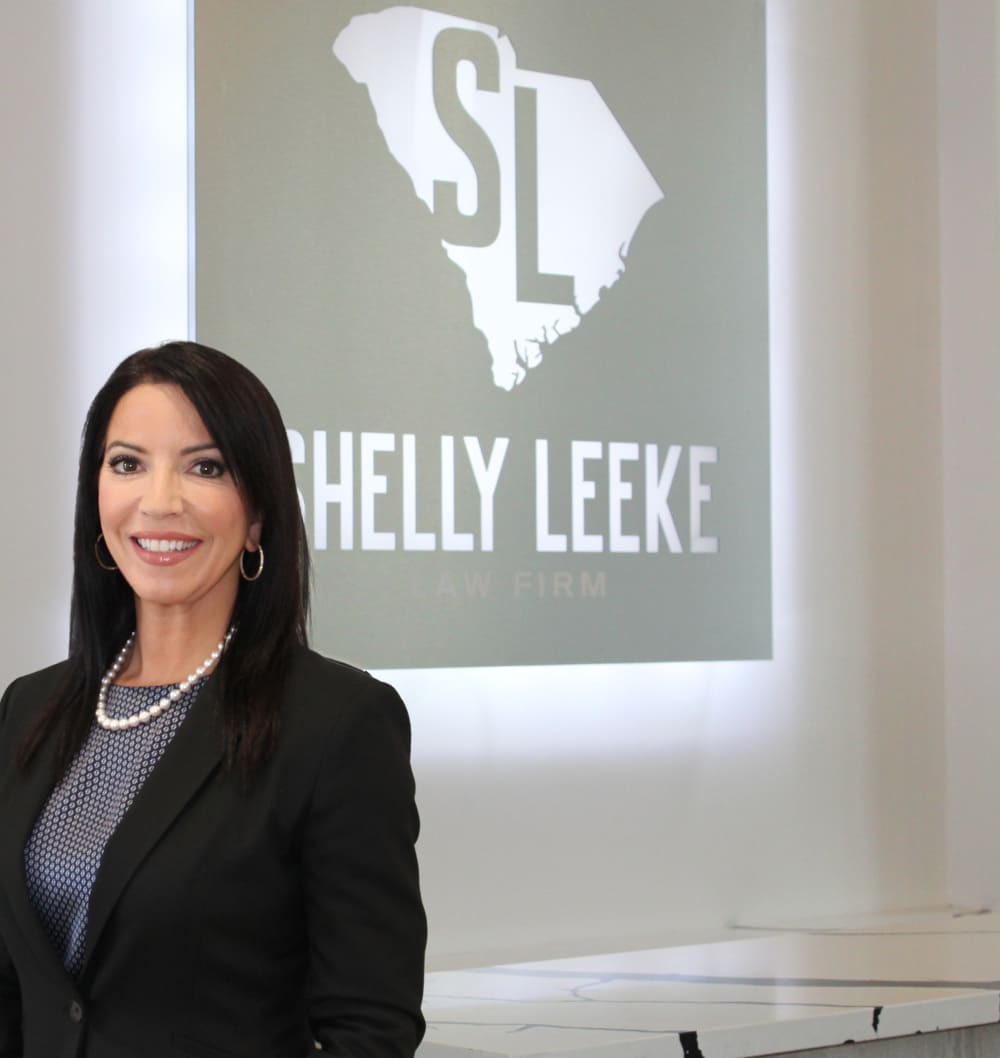
If you have experienced an injury while visiting someone else’s property, you may be wondering which legal options are available based on the specific details of your case. Premises liability is the idea that if someone is injured in South Carolina, the owner of that property may be responsible for the victim’s damages. This includes private property owners, business owners, and government entities.
This is where a North Charleston premises liability lawyer from Shelly Leeke Law Firm can help you pick up the pieces of your life. With decades of combined experience, our team can help you understand how premises liability lawsuits work and fight for the fair settlement you deserve. Contact us today to find out what is next for your premises liability lawsuit.
Your Rights on Someone Else’s Property
A premises liability claim occurs when someone is injured at a location where the property owner failed to uphold their duty of care. However, the details of these cases vary depending on the type of property, who was injured, and who the property owner is. South Carolina Code of Annotated Laws Title 27, Chapter 3 describes the responsibilities of property owners, specifically their duty of care.
All properties must be maintained to reasonably prevent injury. A property owner’s failure to do so can be considered negligence. In premises liability cases, the injured party is classified into one of three categories: visitor, licensee, or trespasser. The category you are in will determine how your case proceeds.
Visitor
The highest duty of care is extended to invitees. These are visitors or guests invited to a commercial property, such as retail spaces, amusement parks, or hotels. If you are a business owner or property manager for a commercial property, you must ensure your land and facilities are safe for use by visitors.
Licensee
A licensee is someone visiting for a personal reason, such as visiting a friend’s home. There is a reasonable expectation of safety, but it is not as high as it would be with invitees. Anyone visiting a private residence with the permission of the owners counts as a licensee, including party guests.
Trespasser
A trespasser is someone on a property without permission, usually unlawfully. The owner has very little responsibility to maintain their safety, with few exceptions. This is an area where a South Carolina catastrophic injury lawyer can be helpful, as the legal grounds are not as clear.

South Carolina Premises Liability Laws
For a premises liability claim to be successful, the victim must be able to prove that the owner violated their duty of care. This means that the property owner was negligent in upkeep and that this negligence caused significant damage. Proving liability can be difficult depending on the nature of the injury or damage caused.
State law dictates the level of upkeep expected from property owners, as laid out in SCCAL Title 27, Ch. 3, described above. Failure to live up to this expectation is negligence and leaves the owner open to a personal injury claim should damages occur. In cases of serious bodily injury or wrongful death, this can be particularly costly.
Under the South Carolina Code of Laws §15-3-530, you generally have up to three years after the accident occurs to file a claim. If this period of time is exceeded, you may lose your right to seek compensation, with few exceptions. Seeking the help of a premises liability lawyer as quickly as possible may be the best way to ensure your case is heard.
What Constitutes Dangerous Conditions
Accidents can happen anywhere for a wide variety of reasons. Premises liability accidents must fit certain parameters to be eligible for claims. A premises liability claim applies when:
- There is a dangerous condition on the premises.
- The owner was reasonably aware of the condition but did not uphold their duty of care to prevent injury.
- The injury was caused by the unaddressed danger or hazard on the property.
A “dangerous condition” in this context refers to a situation where part of the property has become hazardous due to poor upkeep or unmet safety standards. For example, if the owner of a deck is aware that the boards are rotting, they create a dangerous condition by not cordoning off the area and/or replacing the wood. If someone were to fall through this deck and sustain an injury, the property owner could be held liable for the damage caused to the injury victim.

Attractive Nuisance
In most cases, a trespasser is treated differently than other visitors to a property. A property owner does not owe any duty of care to someone who comes onto their premises without permission. However, different rules apply to children.
The main exception to this rule has to do with something called “an attractive nuisance,” which refers to something on your property that could reasonably attract trespassers, especially children. An example of this would be a pool or body of water. Someone, especially a child, may trespass onto your property to swim regardless of whether they have permission or not.
If a child is injured in this body of water, even if they are swimming unlawfully, the owner may still be liable for any injuries or deaths that occur. When there is an attractive nuisance, such as a pool or playground on personal property, the property owner is expected to take reasonable precautions to keep trespassers away. If your child trespassed on someone’s property because of an attractive nuisance and was injured, you may be able to pursue a claim against the property owner with the help of a trial-proven South Carolina child injury lawyer.

Consult South Carolina’s Top-Rated Premises Liability Law Firm for Help Today
Being injured on someone else’s property can have a dramatic impact on how your personal injury case unfolds. Your dedicated premises liability attorney from Shelly Leeke Law Firm is here for you, ready to help you bring the liable party to justice and maximize your financial compensation. If you are ready to get started but are unsure of where to turn for help, do not hesitate to contact us through our secured contact form or by phone to schedule your free, no-obligation consultation as soon as today.







